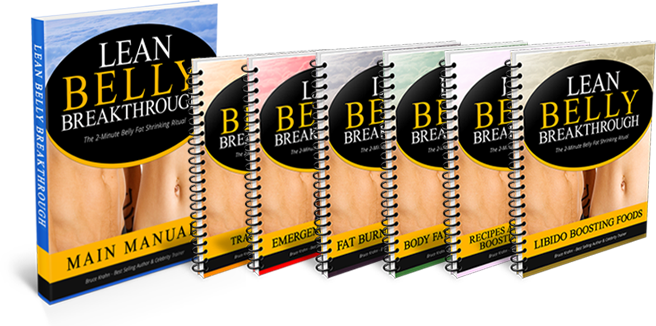There’s a sensational brand-new documentary out on Netflix that seems to have a great deal of people talking about going vegan.
In the spirit of numerous food documentaries and diet plan books that have come in the past,guarantees us there is one healthy method to consume. And it includes cutting all animal products from our diet.Meat, fish
, poultry, and dairy are fattening us up, providing us cancer and diabetes, and poisoning us with contaminants, Kip Andersen, the film’s co-director and star, informs us. Blood Sugar Ultra Review – Read This Before Buying.
Assessing a youth spent inhaling hot canines and cold cuts, he asks, “Was this like I had essentially been smoking my whole childhood?”
Exactly what the Health cherry-picks and misreports research studies to make the case for veganism
What the Health becomes part of a category of food documentaries (andmeat was as deadly as smoking. Rather, it identified that the strength of the proof connecting processed meats to colorectal cancer is comparable to the strength of the proof linking tobacco and cancer, indicating there’s convincing information here. This definitely does not mean that consuming processed meat is as bad for you as cigarette smoking. It means that according to the agency’s assessment, the links in between processed meat and particular types of cancer are reputable.
So when the filmmaker asks, “If processed meats are labeled the exact same as cigarettes, how is it even legal for kids to be eating by doing this?” he plainly didn’t comprehend the WHO’s read of the research study. (To be fair, a lot of other media outlets got the WHO cautioning incorrect too.)
2) Consuming an egg a day is as bad as cigarette smoking 5 cigarettes. This claim that equates consuming eggs with one of the most hazardous health habits known to humankind is ridiculous and shows an obsolete understanding of cholesterol’s role in health. While the nutrient has gotten unfavorable attention from the media for decades, the clinical community has actually proceeded since proof has piled up showing that eating more cholesterol isn’t always associated with higher levels in the blood or an increased risk of cardiovascular disease. That’s why a nationwide nutrition committee recently declassified cholesterol as a “nutrient of concern” in the American diet plan.
4) One serving of processed meats per day raises the danger of diabetes by 51 percent. Another example of a grossly exaggerated claim. In the organized review of the link between diabetes and processed meats, the authors found daily intake of processed meat was related to a 19 percent increase– however that, again, was a relative danger increase. If an however bacon andfried chicken. Then I ‘d measure who gets the most cancer, cardiovascular disease, who passes away the soonest, who has the worst wrinkles, who’s the most creative, and so on.” But, Goldacre adds, “I would need to imprison them all, because there’s no other way I would have the ability to require 500 individuals to eat vegetables and fruits for a life.'” It’s undoubtedly an advantage that scientists cannot send to prison individuals and force them to
stay with a particular diet. However it suggests that real-world clinical trials on diet plan tend to be messy and not so clear-cut. Alternatively, it is possible to conduct rigorous randomized control trials for really short-term questions. Some< a href=”http://www.ncbi.nlm.nih.gov/pubmed/12778045″>”feeding research studies” keep people in a lab for a period of days or weeks and manage whatever
they eat. However these studies cannot determine the results of specific diet plans for decades– they can just inform us about integrate foods in a range of flexible ways to achieve healthy
dietary patterns, and these strategies must be tailored to meet the individual’s health needs, dietary choices and cultural traditions.The huge majority of Americans
do not eat nearly adequate fruits and veggies, and too much of practically whatever else. Our food landscape also presses us away from healthy choices and in the direction of overindulging in processed scrap. Perhaps we ought to start by addressing those problems, instead of complicating individuals’s lives with extreme diet plans most can’t adhere to.Few would argue with the reality that our diets have actually assisted own the obesity, diabetes, and cardiovascular disease epidemics. However reversing these issues will take a lot more than cutting out cheese and salami.
Source
https://www.vox.com/science-and-health/2017/7/25/16018658/what-the-health-documentary-review-vegan-diet








